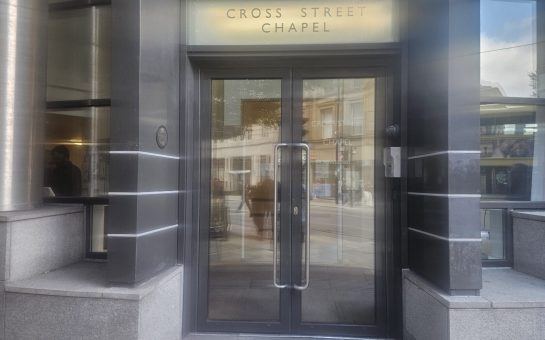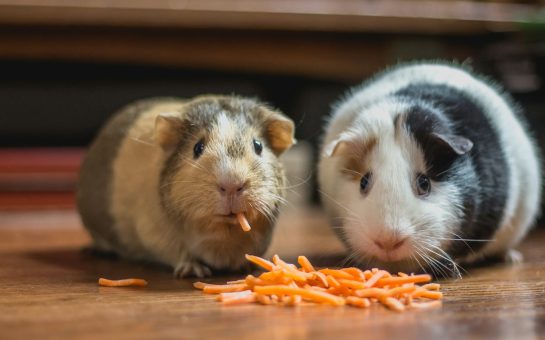Students and staff from the University of Manchester who lost their lives during World War One are being remembered in a real-time tribute.
To mark the 100 year anniversary of the Great War, each month Manchester University’s website will post tributes to the fallen and share their remarkable and unique stories.
Many staff and students contributed widely to the war effort, not only as soldiers but as nurses, technological pioneers and even agricultural workers.
Pen Richardson, a member of IT staff at the University with a keen interest in the First World War, said: “It is difficult to know accurately how many people from the University died in the conflict, as much information is conflicting and replicated.
“And sometimes we may not find anything more than what appears in the University’s official, roll of honour typically: year of birth, course studied or taught, rank, military unit, awards, and date of death.
“But occasionally, a remarkable story can emerge from places such as the University archives, newspapers of the time, census or The National Archives.”
Soldiers Gustave Victor Petrus De Boutte, Frederick Albert Forster and Alfred John Harold Ryder Widdowson, who died on 18, 23, and 25 August 1914 respectively have become the first to be remembered by the University.
A significant number of people from the University, who made the ultimate sacrifice in the conflict, played a crucial role in the efforts of the war.
John Stopford, who went on to become the Vice Chancellor of VUM, worked on nerve injuries during the war and the medical school building is named after him.
Some 26 medical staff were also directly involved in war work, leading pioneering research into the effects of shell shock.
Also from the University, electrical and mechanical engineers pioneered the use of radios in submarines and aeroplanes and helped counter the submarine threat to shipping.
Dr James Hopkins, University of Manchester Heritage manager, who is leading the project, said: “As one of the few Manchester institutions whose history extends to the period, our site will provide a unique glimpse into the impact of the war on the University and the contribution of its staff and students.
“It has been important to recognise and remember everyone from our community who was involved with the war, regardless of whether they were fighting on the frontline, volunteer nursing or working the land.
“This website will grow over time – and we urge the public to get involved and submit their documents and images relating to the University’s role during the Great War.”
To visit the website, click here.
Image courtesy of Archives New Zealand, with thanks



